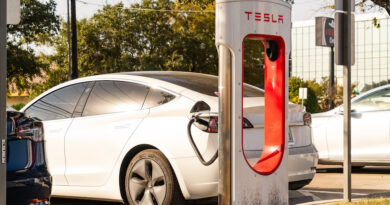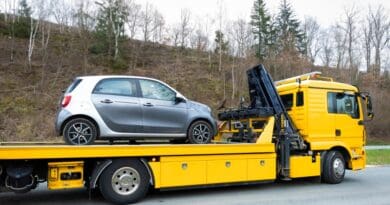Hyundai’s Supernal unveils eVTOL vehicle cabin concept
Hyundai and Supernal have revealed their initial eVTOL vehicle cabin concept at Farnborough International Airshow.
Supernal partnered with the Group’s design studios to create the cabin concept as the company works to certify its eVTOL vehicle for commercial use in the United States starting in 2028 – and in the E.U. and U.K. shortly after. Beyond the vehicle, Supernal is collaborating with external partners and the Group’s more than 50 affiliates – which span automobiles, automotive parts, construction, robotics and autonomous driving – to responsibly co-create the expansive AAM value chain.
“In order for Advanced Air Mobility to become a wide-spread mode of transportation, every detail – from the passenger experience to regulations and infrastructure – needs to be addressed from the start and work in lockstep with one another,” said Jaiwon Shin, President of Hyundai Motor Group and CEO of Supernal. “Leveraging Hyundai Motor Group’s mobility capabilities, Supernal is investing time and resources upfront to ensure the industry can scale to the masses in the coming decades and reach its exciting potential.
“Supernal is partnering with Hyundai Motor Group’s top automotive designers to develop our eVTOL vehicle for manufacturability and wide-spread public acceptance. We are taking the time to create a safe, light-weight commercial eVTOL that provides our future passengers with the security and comfort they find in their own cars.”
The team of engineers and designers utilized the automotive industry’s reductive design approach to create the light-weight interior cabin, which is made of forged carbon fiber. Ergonomically contoured seats offer a cocoon-like environment for passengers. Deployable seat consoles mimic automobile centre consoles and provide a charging station and stowage compartment for personal items. Grab handles built into the cabin doors and seatbacks assist with ingress and egress. A combination of lighting – including overhead lights inspired by automobile sunroofs – adjusts with the various stages of flight to emulate a “light therapy” effect. The cabin layout draws on automotive space innovation with a minimized bulkhead, which allows for generous headroom and package functionalities.
“The Supernal eVTOL vehicle draws on the competence of the Hyundai Motor Group and the skillset of experienced automotive designers, which allowed us to develop a new air mobility concept that is not only safe and rational but also highly emotional,” said Luc Donckerwolke, Chief Creative Officer for the Hyundai Motor Group.
The group is leveraging its expansive mobility and mobility-enabling capabilities to develop a family of electric air vehicles, as well as the surrounding value chain.
Complementing U.S. based Supernal’s battery-powered eVTOL vehicle designed for intra-city passenger journeys starting in 2028, the Group’s Korea-based division focused on Regional Air Mobility is developing a hydrogen-powered mid-sized vehicle for regional – city-to-city – cargo and passenger journeys. The Division plans to launch service of its hydrogen vehicle in the 2030s.
Supernal and the division are partnering with the Group’s manufacturing innovation teams across the globe to create a robust high-rate, high-quality AAM manufacturing process that will produce electric air vehicles at scale – at an increasingly affordable price-point – over the coming decades.
“Hyundai Motor Group is working to leverage synergies between automotive’s high-rate manufacturing capabilities and aerospace’s high certification standards to build the foundation for everyday use of passenger and cargo air vehicles,” Shin said.






